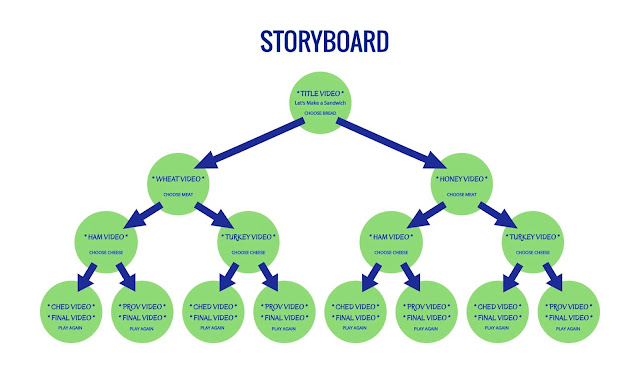Film Review: The Corporation
The Corporation is a documentary which looks at the creation and evolution of corporations in America. Through the use of numerous interviews from various viewpoints regarding corporations, this film aims to spark conversation regarding how corporations operate and how they affect us. Although the film uses positive interviews with pro-corporation folks, it certainly leans a biased towards those in the anti-corporation crowd, to the point of mocking those who support corporations.
The film begins with a traditional documentary backstory. Viewers learn that corporations were initially intended to benefit the common good, and that corporations have slowly morphed into a monster of sorts, consuming anything in their sights. Corporations have one main goal: to make a profit. To some, this is a good thing, to others it's a recipe for disaster.
As far as technical aspects, The Corporation uses a lot of typical documentary film techniques. Interview monologue typically begins on top of video which matches in subject, but is not the correlated interview video. This then cuts to the actual interview video, and back to the other video. By using this audio and visual technique, the film maker opens the doors to using found footage.
Mimicking news taglines, text for interviewees shows up in the bottom left hand corner, with the name of the person in bold and their occupation written underneath. Setting up the text in this manner aids the viewer in believing the dialog as truth. Certainly, the text could be altered. I'll have to admit that, when viewing documentaries, I don't typically research to see if the names and titles are true. I simply succumb to my naivety, and accept that the people and what they say are true.
The interviewees come from all along the spectrum of corporations. They include pro- and anti-corporation individuals: an interview from a psychologist who works with corporations in their marketing department, chairmen of large companies, the director of the film, professors, and more. Using positive and seemingly straightforward and honest interviews from such diverse backgrounds initially gives way to the credibility of the director and his story.
In hindsight, it appears as more of a bait-and-switch deal. Sure, the film uses opposing viewpoints. The people look happy, and willingly spill their thoughts on the subject. However, I wonder what was left out; what editing choices did the film receive? It seemed as if the film was mocking those who support corporations. Was this an editing job that I noticed, or my own previous bias on the subject?
I'd love it if you watched the film below, and submit your thoughts in the comments section of this post.

Comments
Post a Comment